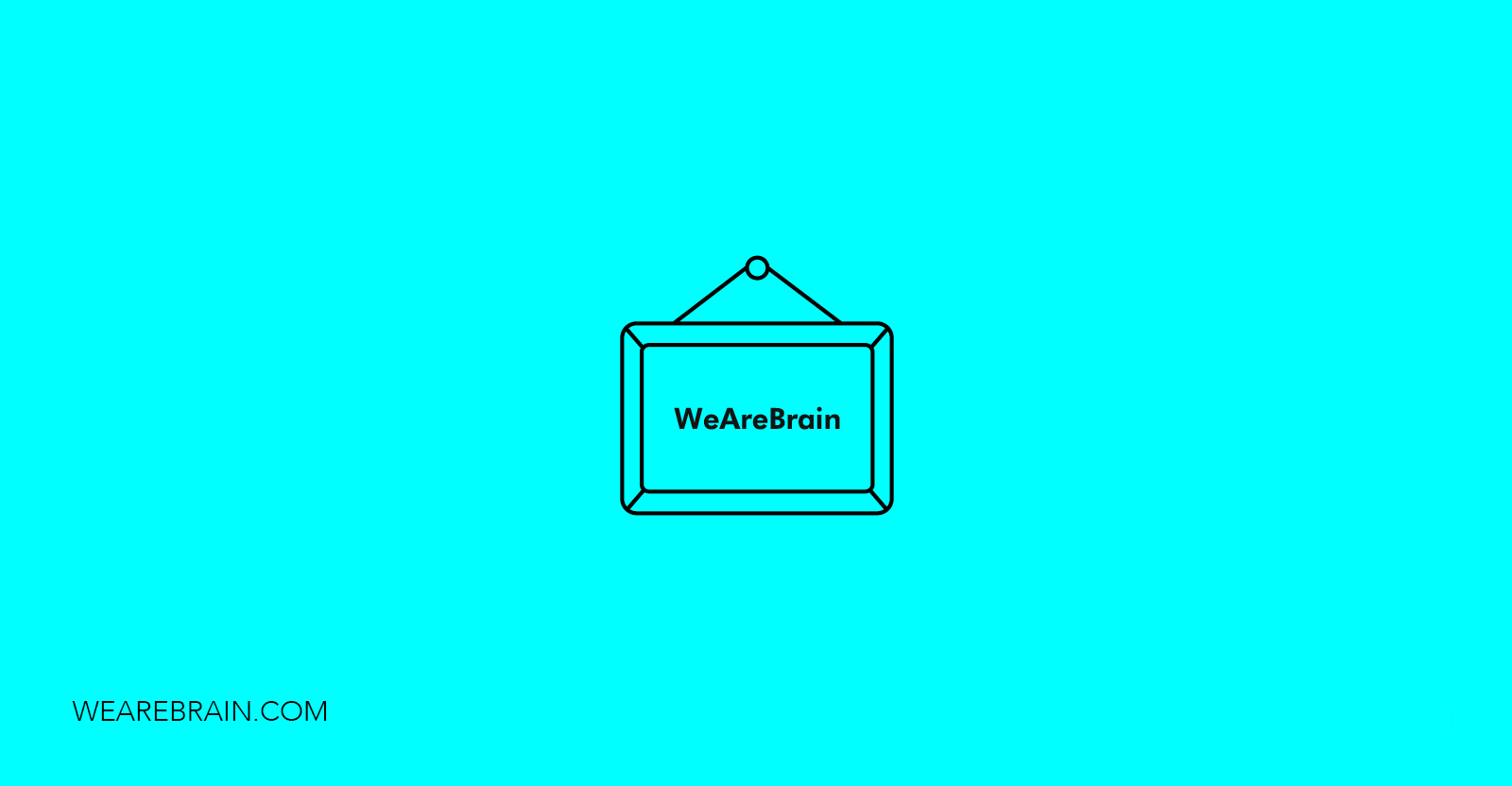Automation, bots and VAs: AI’s bigger picture

We’re pretty sure you’ve gauged our interest in the field of Robotic Process Automation, and with the release of Tur.ai to the public, we are obsessed with all things AI. Honestly, it’s something we could talk about forever! But before surging ahead trying to surmise what’s on the horizon, we wanted to take a moment to look at what the AI status quo is and where we might be heading.
Google has recently caught a lot of heat for Google Duplex and her ability to book a hair appointment, sounding exactly like what your human personal assistant would sound like if you asked her to book one for you. Subsequently, they have had to come out with statements saying the Google Duplex would come with built-in disclosures. When grilled a little more about their concerns, most didn’t mind that Google Duplex was so effective but it was the little human inflexions like “mmm-hmmm” built into her conversational ability that really bugged everyone. “I want to know when I am talking to a robot. With that call, if you hadn’t told me I would have never known it wasn’t a human on the line”, said many of those commenting on the latest development.
This public outcry got me thinking…with chatbots and RPA becoming so prolific in business and consumerism, were people just unhappy when they HEARD a robot with human voice? Or are they truly unaware of how often they’re dealing with a bot? Part of my job is to create conversations for chatbots and one of my key goals is to create a dialogue that feels as seamless as it might be with another human being. So if you weren’t sure then let me confirm, yes, we’re trying to make AI sound as human as possible.
This begs the question. Why? Why is it important to make AI sound intelligent, funny, thoughtful or concerned? And in the answers, I believe you’ll find the bigger picture of what AI really is all about.
Convenience is no. 1
Ultimately almost all of the inventions and developments in human history are geared towards improving the human condition. To a large degree (and area dependent), life has never been easier and there definitely is an argument for needing less convenience. See — rising health concerns due to inactivity. That said AI is just another tool to make the user’s life easier. In other words, we want to make life better in a way that unaided human effort could not. This is the purpose of all tools, to extend the ability of the tool-user.
Decision fatigue is real
As humans we are faced with so many decisions everyday it’s not surprising that we all feel a little fatigued. So when you compound the request for convenience with decision fatigue, a bot that spits out exactly the right insurance plan for you or is able to submit insurance claims on your behalf sounds as close as one person can get to heaven.
We all want to feel heard
While the industries that are beginning to adopt AI in general and bots specifically just continue to increase, a vast majority have opted to use bots in the customer service space. I’m sure we’ve all encountered automated telephonic banking systems asking us to key in numbers and names until our eyes bulge. It’s frustrating and when dealing with things as important as finances, all I really want to do is talk to a person. Why? Because even though what I may be trying to do is a simple process I just want to make sure I feel heard, that someone out there has taken note of the fact that I have a problem and is trying to solve it. When I’m able to speak to anyone, even my friendly banking bot there is a definitive psychological benefit to feeling like I am not only heard but understood. Added to this I feel reassured that my concerns are being dealt with immediately.
Are companies guilty of deceiving their audiences?
There is a case for lying by omission in some cases, but on the whole if you’re aware and are looking for it you will be informed that you are talking to a no-collar employee. So the answer here is simply yes and no ;-).
Having said that, we have noticed that the clients and companies we have worked with and spoken to have adopted or are adopting their AI responsibly. Within the context of RPA being upfront is essential. For your RPA bot to work effectively your teams need to understand its functionalities and capabilities entirely so when you introduce it into daily operations there are no major hiccups. Total transparency also helps you to pave the way for changing the way your team will work going forward. Allowing them the freedom to explore more innovative ways to approach their professions.
Has Hollywood done the AI industry a disservice?
Terminator, Skynet, Irobot, 2001 Space Odyssey, ex Machina, the Matrix and Westworld. The list is as long as my arm and in almost all of them, humans are either battling to regain control over the AI they’ve developed or they have absolutely no idea how aware the bots they’ve created are, ultimately ending in a machine takeover. So, it only seems natural that we are predisposed to fear intelligent AI. So when Google’s Duplex system umms and ahhs like a human being you can understand why people feel like they’re being duped into something they never gave consent to.
If I’m honest, because of Hollywood’s evil machine predecessors, the AI industry is being held to a higher standard of ethics and accountability. We’ve all been forced to imagine the worst (and mostly fictional) conclusions to increasingly smart AI, so generally, we all know where the line is. Don’t get me wrong I’m not saying the line won’t be crossed every now and then, but luckily your average human is sentient enough to say “you’ve gone too far.”
What’s next?
All of the things!
If you love AI start expecting to see it everywhere, places you may not have thought to look yet. Sleep app Calm recently released The Lost Grimm Fairytale which ‘is the work of a predictive text algorithm that was fed the stories of the Brothers Grimm and trained to mimic their style”. While Woebot, is a bot available primarily through Facebook Messenger trained in cognitive behavioural therapy, a psychological practice used most widely for treating depression. You’ll be able to find friendly bots in industries as diverse as banking, hospitality, real estate and insurance to name a few.
The industry and its practice is set to blossom across the international stage and WeAreBrain plans to continue in its AI building stride. Over the next several weeks we’ll be looking at Bot building best practice, featuring the best bots built during that month and so much more. We hope you enjoy the AI ride as much as we do :-).
Mario Grunitz
Working Machines
An executive’s guide to AI and Intelligent Automation. Working Machines takes a look at how the renewed vigour for the development of Artificial Intelligence and Intelligent Automation technology has begun to change how businesses operate.







